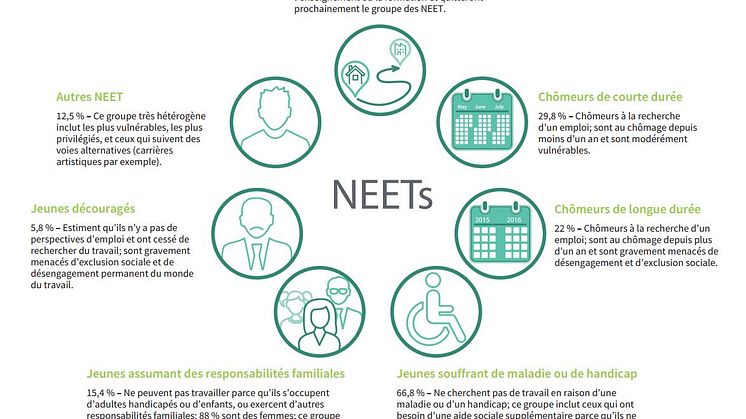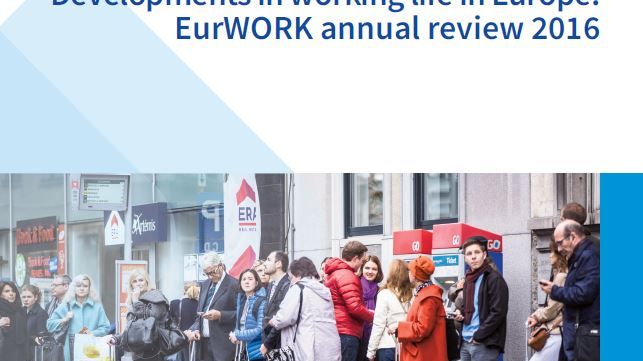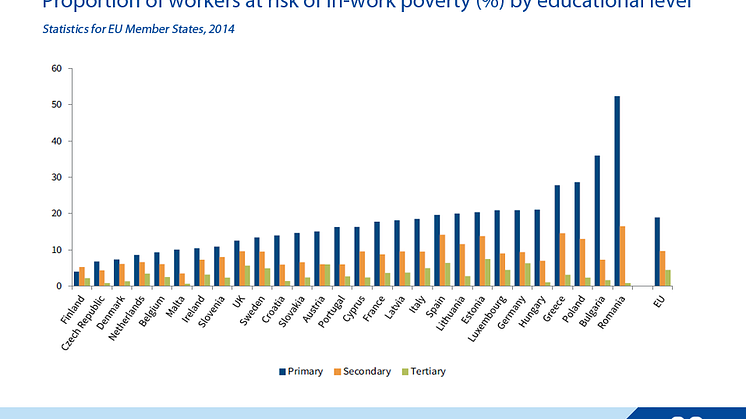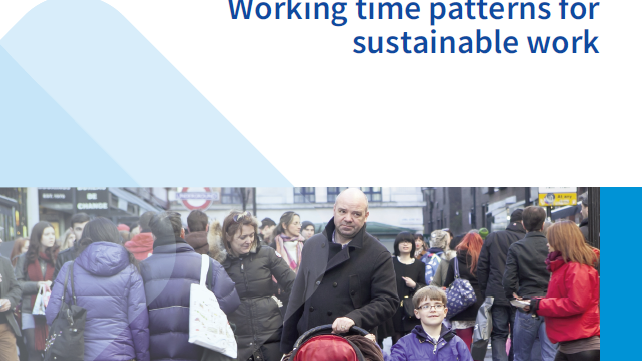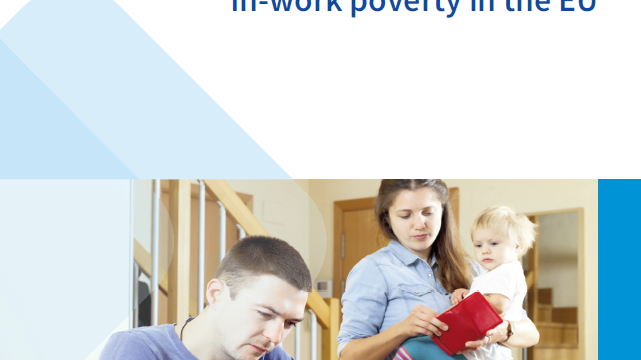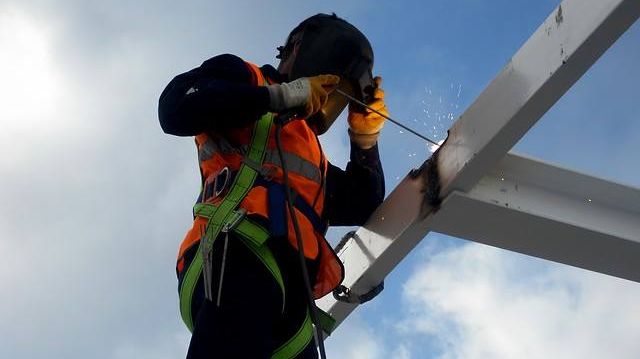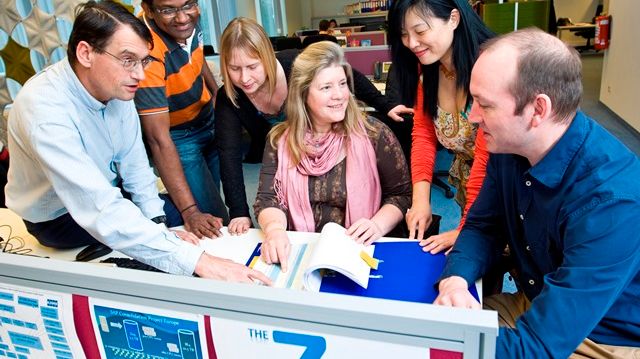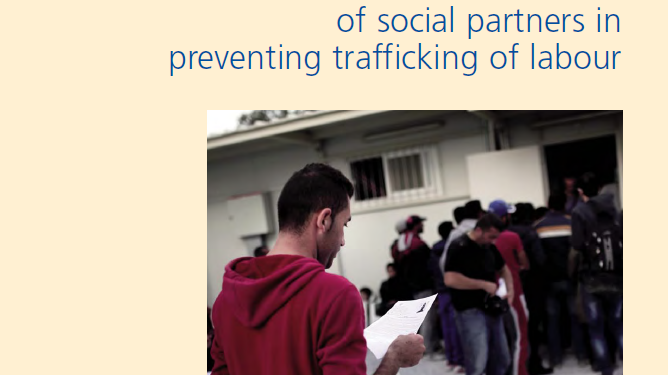Qui sont les NEET ?
La vaste catégorie des NEET réunit une population hétérogène. Il est essentiel de distinguer des sous-groupes pour mieux comprendre leurs différents besoins et caractéristiques, et pour élaborer des politiques adaptées et efficaces leur permettant de réintégrer le marché de l’emploi ou le système éducatif.
